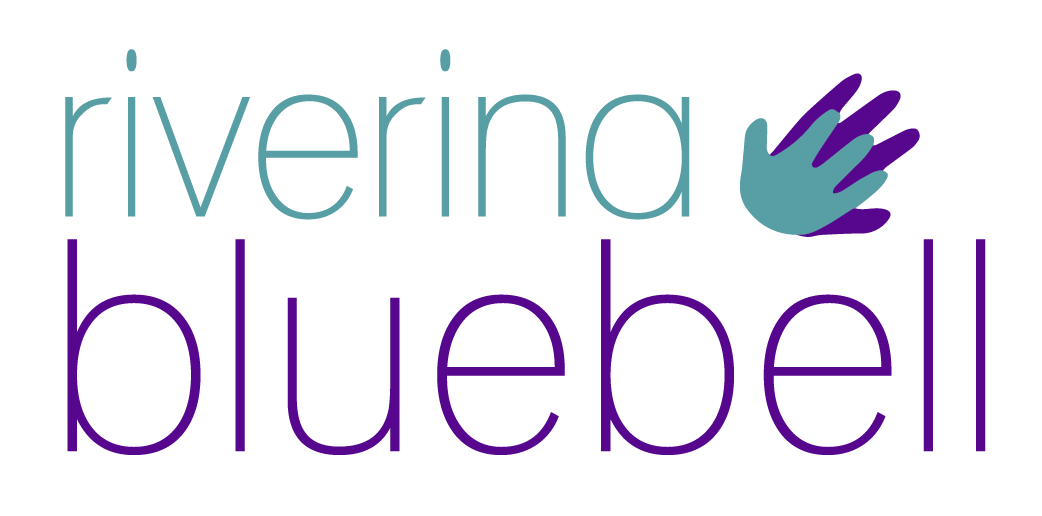Small Talk
“I just don’t know what to do, doc. My body’s buggered and I can’t afford hired help. Jack’s in his last year at boarding school, but what’s he gonna come home to?”
Writer Amanda Burdon was moved to write this fictional piece after undertaking SCARF Community Education Program training. The training is aimed at everyone playing a role in preventing suicide. SCARF is an acronym for Suspect, Connect/Care, Ask, Refer, Follow-up.
The people outnumber the dog-eared magazines in the waiting room three to one. The doctor calls his next patient, but barely notices the crumpled man emerge from the dense camouflage of brown jackets and blue jeans. Good clothes, saved for trips to town.
A calloused handshake, a wary smile. “It’s been a while. How’s that back going after your fall?” “Alright. Still catches me now and then. Still gettin’ headaches.”
There is an awkward silence as they walk to the small room, shut the door and settle into their chairs. The doctor asks about the prospect of rain. He watches the farmer shift in his seat, struggling to find a reply. Looking to his boots, as though they might – somehow – deliver a promising forecast.
“It’s gotta rain soon, doc. This shoulder’s been killin’ me.” He winces as he prizes off his jacket and shirt to reveal a beige singlet. “Bloody bore water makes everything brown. Edith’s always complain’n.”
His skin is white, just like a baby’s, the doctor observes. Rarely sees the sun. Pity you couldn’t say the same for his face and hands, covered in sunspots and freckles. That black mark on his cheek looks like trouble. Mental note: full skin check at next appointment. The deltoid is tight, tension at the back of the neck. Ahhhh! No wonder he’s suffering headaches. Arm extension limited. How the hell does he ride a horse? Or lift a hay bale?
“Sleeping okay?” “A few hours a night.” “How would you rate the shoulder pain out of 10?” “Oh, about four or five.” “Having a few beers at night?” He nods. “Helps me get to sleep.”
“And what about your diet? Are you eating properly?” “Haven’t got much of a stomach for food lately. Too much to do, watering and feeding the stock and all.” “How would you describe your mood?” Silence.
“Short-tempered? A bit forgetful? Cranky all the time?” The older man nods again, begrudgingly and picks at a scab on his arm. He checks his watch. The mob will be going under the hammer soon. How much more time will that buy? Edith should have finished the shopping by now. She’ll be wondering where I am.
A cup of strong, black, coffee – I’m going to need one soon if I’m going to make it through to lunchtime, the doctor thinks, logging his notes into the computer. Ah, the joys of computers. Anti-inflammatories, referral to the OT at the hospital; that should do it. Where’s my script pad?
Then, from nowhere… “I just don’t know what to do, doc. My body’s buggered and I can’t afford hired help. Jack’s in his last year at boarding school, but what’s he gonna come home to? More bloody debt. Even the ’60s drought didn’t break my father’s back. Four generations. Four generations ending with me. A bloke oughta just…”
He stops short. Frightened by the words that might tumble – like shorn sheep from the chute – out of the mouth of a man he no longer recognises. A man who looks 10 years older as he pulls the blunt razor across his jaw each morning.
He pulls a hanky from his pocket. Lavender. Edith reckons it beats the caustic bore smell. That woman. The doctor waits.
“I’ve been to the bank. Harry Black says he can give me six months, nothin’ more. Our backs are to the wall. If we don’t get rain soon…”
The doctor’s computer screen bleats. His next patient is due. It’s barely 10am. He’s the only doctor on today and due back at the hospital at 1pm for his rounds after a busy night on call. And already running late. Bloody back-to-back rosters.
Yet something in him shifts. He turns to the man opposite him, who is now staring at him beseechingly. He sees the tiredness in his red eyes, the tightness in his jaw. He registers the nervous way he now wipes his glasses with his chequered hanky, again, and again. Catches a whiff of Edith’s floral disguise. Narelle on reception is not going to be happy.
“These are tough times, Bob. I can give you something, just ’til your travelling a little better, if you like. A lot of blokes need a hand from time to time, you know. Just a few milligrams to take the edge off. And some pain relief for the shoulder. Some counselling might help, too, for you and Edith both. I bet you’re not the only one struggling.
“Have you met Sandy Harris at tennis? Well, she’s a psychologist and a damn good one – Ted Harris’s daughter. You might remember her from pony club. Easy to talk to, knows a thing or two about farming. I’ll just make a call. Won’t take a minute. She can probably see you this week if you can get back in to town. How about a cuppa while you wait?”
For the first time in what seems like months the farmer feels his face slacken, his shoulders sink. He sniffles and again meets the doctor’s gaze. “That’d be good, thanks doc. Haven’t had a thing since five this morn’n. The coffee’s shit at the saleyards.”
Published with permission of R.M. Williams Outback Magazine »http://www.outbackmag.com.au
A group of medical professionals receive SCARF training in Armidale. At the front are (l–r) psychiatrist Dr Tanveer Ahmed, Meg Perceval, SCARF project support officer Fiona Livingstone and Professor Prasuna Reddy, director of the Centre for Rural and Remote Mental Health.


